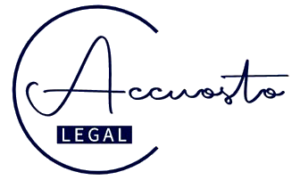
Interesting ruling of The Justice of the European Union Court 27th September 2017.
The TJUE has allowed a manufacturer of parts compatible with consoles of another brand to reproduce – in its advertising – images of the designs of the consoles. In passing, it has declared that a European court has jurisdiction to apply its decisions, outside its own country: across th whole of Europe.
ADVERTISING OF BIGBEN, WITH PHOTOS OF NINTENDO PRODUCTS, WITHOUT PERMISSION
NINTENDO is a Japonese gaming company. It creates and markets video console games and devices for its control. It is owner of numerous communitary designs; some refer to console accessories.
BigBen france makes remote control devices, compatible of video games. They are sold to the francophone public directly, through its website, and to the german-speaking public, through a subsidiary in Germany.
BigBen France and Germany use images of the devices that they sell and the consoles with which they are compantible; including those of NINTENDO.
Claim of NINTENDO against BigBen about an infraction on their designs
NINTENDO sued BigBen France and BigBen Germany before German judges. They alleged that there had been an infraction on their registered community designs, because BigBen used images of consoles, in their advertising.
Measures against BigBen, regarding an infraction on their foreign designs
The German court considered that it had jurisdiction, not only with respect to BigBen Germany, but also with regards to BigBen France. It agreed on precautionary measures across the whole of the European Union, considering itself competent and applying both French and German law.
BigBen France opposed these measures and appealed. They argued that German courts did not have jurisidiction, to grant precautionary measures against them across the whole of the European Union, as had been done.
PAN-EUROPEAN EXTENSION OF JURISDICTION. LEGITIMATE DATE OF FOREIGN DESIGN
The German court of appeal posed various questions to the European Union Court of Justice TJUE. Amongst other things, they asked:
Can a European court agree on measures, applicable across all of the Europea Union, against a defendant domiciled in another Membr State?
Does the court have jurisdiction over a website that is domiciled in another country?
Can a third party use a community design, if they want to sell accessories of goods of the owner of a design?
Other questions wer asked, into which I will not delve further.
Jurisdiction
The TJUE recalls that the registered community design has unitary character. Therefore, the jurisdiction of the judge that sees a case of infraction on a communitary design extends across the whole of the European Union, including the defendants that do not reside in the State of the court.
This jurisdiction extends to underlying questions, how to obtain information, accounting and defendants documents; or fixation of liquated damages. Although all of them would be subjected to the applicable national law.
Infraction on a website that is not under the juridiction of the court that prosecutes
The TJUE also studied the case in which the infraction is committed using a website that is outside a jurisdiction of the court. The court considered that the illegal act was committed in the country where the the harm was done. In this case, the place where the online sale offer was activated; even if it may not be the place in which the site is located.
When the defendant is accused of several infractions, in several States of the European Union, the fact that causes the damage must not refer to each act of infraction. An overall assessment must be made to determine the place where the original offense was committed.

Use of images of products that are third-party designs
The court made the assumption that the use, by a third party, of an image in 2D or a design in 3D can be an «act of reproduction» on a design. Therefore, one must examine if it is an infraction on design or can be included between the «exceptions of a right of quotation».
The regulation of the European Union permits use of foreign intellectual property, between other things, to the protection of the «right to quotation«. According to the TJUE, a company is limited to make a «quote» when:
The regulations of the European Union allow the use of the intellectual property of others, among other cases, under the protection of the «right of appointment». According to the CJEU, a company is limiting itself to making an «appointment» when:
- Selling goods that claim they are used in connection with products that correspond to the community designs; and
- Reproduce the image of said products to explain the joint use of the products that it sells.
This right to quotation is subjected to the existence of 3 conditions, which must be comunitively given:
(i) That it be an honest commercial practice;
(i) That there is no undue harm to the normal exploitation of the design; and
(iii) That the origin is mentioned.
CONCLUSIONS
In conclusion, then, you can refer to a product of a third party, with which the sold and advertised product is compatible; in order that this compatibility is known. The same thing happens with brands, by the way.
Santiago Nadal

